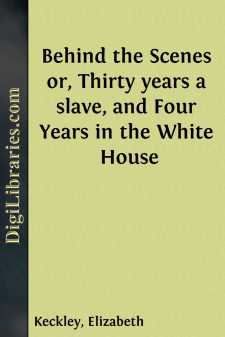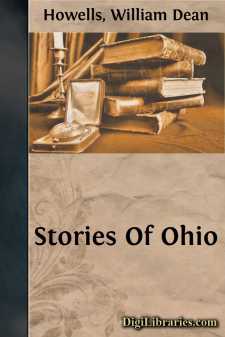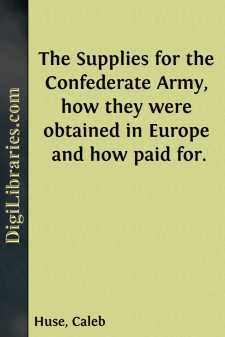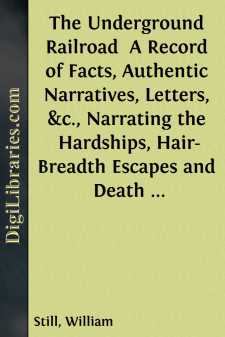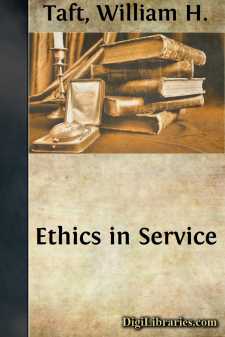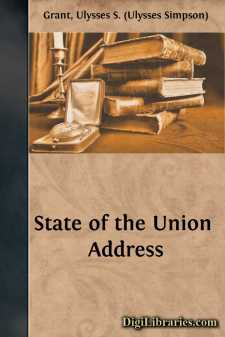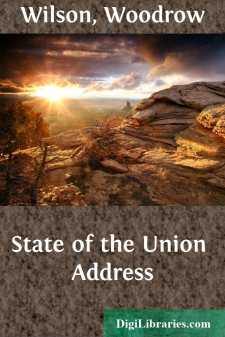Categories
- Antiques & Collectibles 13
- Architecture 36
- Art 48
- Bibles 22
- Biography & Autobiography 815
- Body, Mind & Spirit 144
- Business & Economics 28
- Children's Books 18
- Children's Fiction 14
- Computers 4
- Cooking 94
- Crafts & Hobbies 4
- Drama 346
- Education 58
- Family & Relationships 59
- Fiction 11835
- Games 19
- Gardening 17
- Health & Fitness 34
- History 1378
- House & Home 1
- Humor 147
- Juvenile Fiction 1873
- Juvenile Nonfiction 202
- Language Arts & Disciplines 89
- Law 16
- Literary Collections 686
- Literary Criticism 179
- Mathematics 13
- Medical 41
- Music 40
- Nature 180
- Non-Classifiable 1768
- Performing Arts 7
- Periodicals 1453
- Philosophy 65
- Photography 2
- Poetry 896
- Political Science 203
- Psychology 44
- Reference 154
- Religion 515
- Science 126
- Self-Help 85
- Social Science 83
- Sports & Recreation 34
- Study Aids 3
- Technology & Engineering 59
- Transportation 23
- Travel 463
- True Crime 29
Our website is made possible by displaying online advertisements to our visitors.
Please consider supporting us by disabling your ad blocker.
Behind the Scenes or, Thirty years a slave, and Four Years in the White House
Categories:
Description:
Excerpt
PREFACE
I have often been asked to write my life, as those who know me know that it has been an eventful one. At last I have acceded to the importunities of my friends, and have hastily sketched some of the striking incidents that go to make up my history. My life, so full of romance, may sound like a dream to the matter-of-fact reader, nevertheless everything I have written is strictly true; much has been omitted, but nothing has been exaggerated. In writing as I have done, I am well aware that I have invited criticism; but before the critic judges harshly, let my explanation be carefully read and weighed. If I have portrayed the dark side of slavery, I also have painted the bright side. The good that I have said of human servitude should be thrown into the scales with the evil that I have said of it. I have kind, true-hearted friends in the South as well as in the North, and I would not wound those Southern friends by sweeping condemnation, simply because I was once a slave. They were not so much responsible for the curse under which I was born, as the God of nature and the fathers who framed the Constitution for the United States. The law descended to them, and it was but natural that they should recognize it, since it manifestly was their interest to do so. And yet a wrong was inflicted upon me; a cruel custom deprived me of my liberty, and since I was robbed of my dearest right, I would not have been human had I not rebelled against the robbery. God rules the Universe. I was a feeble instrument in His hands, and through me and the enslaved millions of my race, one of the problems was solved that belongs to the great problem of human destiny; and the solution was developed so gradually that there was no great convulsion of the harmonies of natural laws. A solemn truth was thrown to the surface, and what is better still, it was recognized as a truth by those who give force to moral laws. An act may be wrong, but unless the ruling power recognizes the wrong, it is useless to hope for a correction of it. Principles may be right, but they are not established within an hour. The masses are slow to reason, and each principle, to acquire moral force, must come to us from the fire of the crucible; the fire may inflict unjust punishment, but then it purifies and renders stronger the principle, not in itself, but in the eyes of those who arrogate judgment to themselves. When the war of the Revolution established the independence of the American colonies, an evil was perpetuated, slavery was more firmly established; and since the evil had been planted, it must pass through certain stages before it could be eradicated. In fact, we give but little thought to the plant of evil until it grows to such monstrous proportions that it overshadows important interests; then the efforts to destroy it become earnest. As one of the victims of slavery I drank of the bitter water; but then, since destiny willed it so, and since I aided in bringing a solemn truth to the surface as a truth, perhaps I have no right to complain. Here, as in all things pertaining to life, I can afford to be charitable.
It may be charged that I have written too freely on some questions, especially in regard to Mrs. Lincoln. I do not think so; at least I have been prompted by the purest motive. Mrs. Lincoln, by her own acts, forced herself into notoriety. She stepped beyond the formal lines which hedge about a private life, and invited public criticism. The people have judged her harshly, and no woman was ever more traduced in the public prints of the country. The people knew nothing of the secret history of her transactions, therefore they judged her by what was thrown to the surface. For an act may be wrong judged purely by itself, but when the motive that prompted the act is understood, it is construed differently. I lay it down as an axiom, that only that is criminal in the sight of God where crime is meditated. Mrs. Lincoln may have been imprudent, but since her intentions were good, she should be judged more kindly than she has been. But the world do not know what her intentions were; they have only been made acquainted with her acts without knowing what feeling guided her actions. If the world are to judge her as I have judged her, they must be introduced to the secret history of her transactions. The veil of mystery must be drawn aside; the origin of a fact must be brought to light with the naked fact itself. If I have betrayed confidence in anything I have published, it has been to place Mrs. Lincoln in a better light before the world. A breach of trust—if breach it can be called—of this kind is always excusable. My own character, as well as the character of Mrs. Lincoln, is at stake, since I have been intimately associated with that lady in the most eventful periods of her life....


